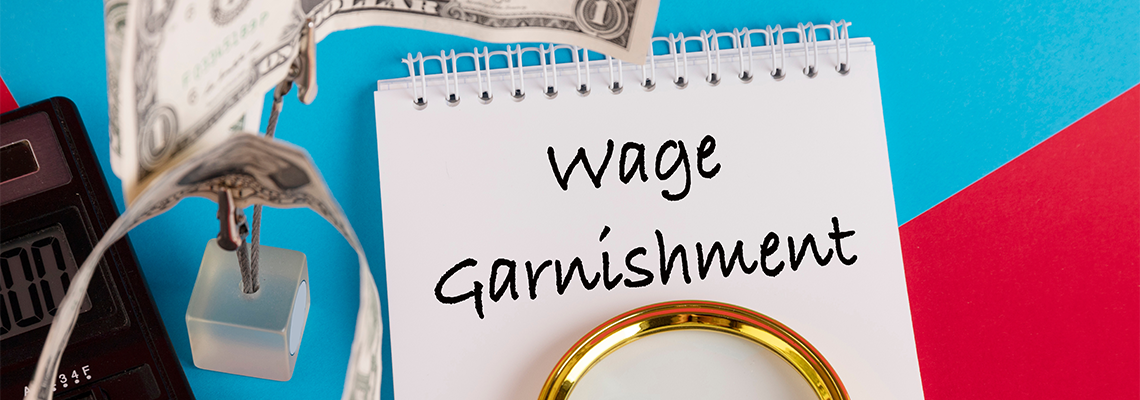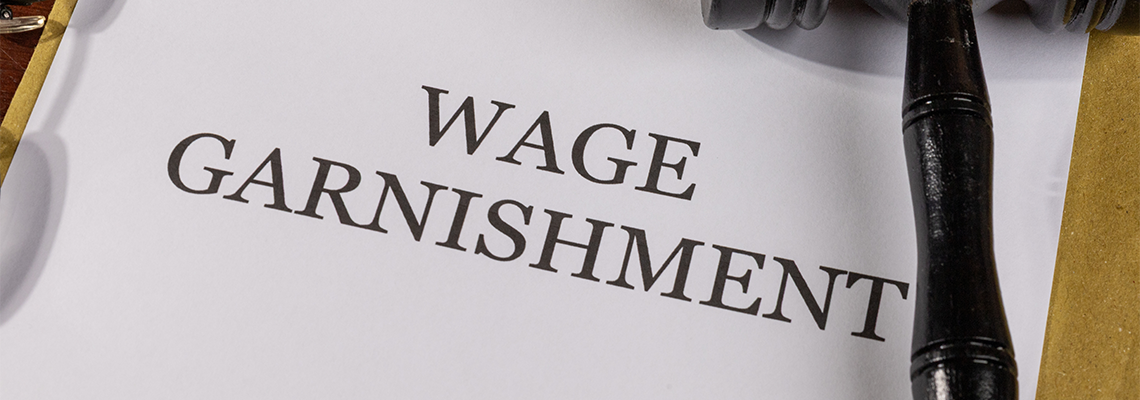William Ray Ford Attorney
Compliance Tips for Retailers Regulated by the Maryland Alcohol, Tobacco, and Cannabis Commission
Running a retail business that sells alcohol, tobacco, or cannabis comes with real pressure. You’re juggling inventory, staffing, customer service, and long hours—while also trying to keep up with changing rules that can affect your livelihood overnight. A missed posting, an incomplete record, or a single employee mistake can lead to fines, license suspensions, or worse.










